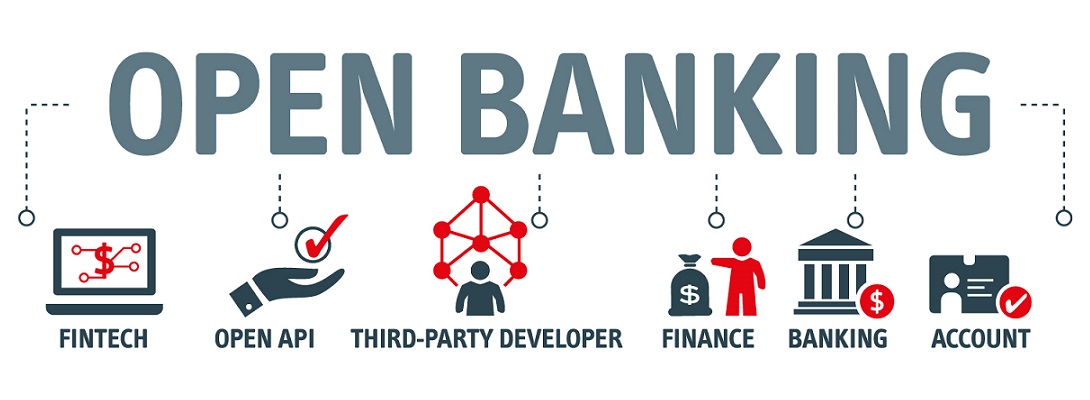
For a number of years already, there have been various different Swiss initiatives aimed at addressing the issue of interfaces between banks and third-party providers. This involves defining corresponding banking standards that are critical for sustainable innovations in the financial sector.
Starting this month, the two leading initiatives – “Common API” from the trade association Swiss Fintech Innovations (SFTI) and “b.Link” from SIX – have made their API specifications compatible in the area of payments.
„They are thus establishing the first official standard that is not only accepted but also already in operational use by different market participants,” according to a press release.
One key factor for the success of open banking is the standardization of interfaces: Banks and their customers need a common standard that they can trust. Only then can the best possible conditions be established for implementing innovations cost-effectively.
In the “Payments” and “Access to Account” business areas, this is now a reality. The two initiatives Common API and b.Link have defined a compatible standard for both areas, which is already in use among the participating banks and third-party providers on the open banking platform b.Link. For example, corporate customers can use it to compare their online accounting against their bank account automatically.
The initiatives: Common API and b.Link
The two driving forces in Swiss open banking stand for two key aspects: platforms and standards. Via standardized interfaces, the b.Link platform from SIX connects banks with third-party providers of financial services, which may include FinTechs and conventional software companies as well as banks. This opens up new business areas for all platform participants. With b.Link, a fast connection requiring minimal effort is possible without neglecting security or data protection.
To simplify the connection in technical terms, standards are required. For this reason, the Common API initiative was launched by the trade association SFTI. SFTI works in close coordination with Swiss financial institutions, providers of core banking software, FinTechs, and other relevant players to standardize banking interfaces. Its API specifications for “Payments” and “Access to Account” are now modeled to be compatible with b.Link’s productive APIs.
New interface standards
Looking to the future, it will be essential to join forces when establishing further interfaces so as to ensure a single standard for each business area. In this context, Common API and b.Link are pursuing the shared goal of creating uniform Swiss standards for other business areas such as mortgages and securities. Banks and third-party providers should be able to build on these standards securely and provide optimal support for their customers’ financial transactions with innovative services.
The two initiatives therefore intend to continue working closely together in the future, while always taking account of existing standards and specialist expertise from the market. In this way, they are bolstering trust in open banking and equipping the players in the Swiss financial center for an open, digital future.
Payments
With the “Payment Submission Service (PSS) for accounting solutions and financial institutions,” third-party providers can order their customers’ payments from their banks automatically. The payment then only needs to be approved by the customer in e-banking.
Access to Account
The “Account Information Service (AIS) for accounting solutions and financial institutions” enables third-party providers to obtain detailed account and transaction information from banks on behalf of their customers and, for example, to use it for reconciliation with accounting. This is always done with the consent of their customers.
Banking 4.0 – „how was the experience for you”
„To be honest I think that Sinaia, your conference, is much better then Davos.”
Many more interesting quotes in the video below: